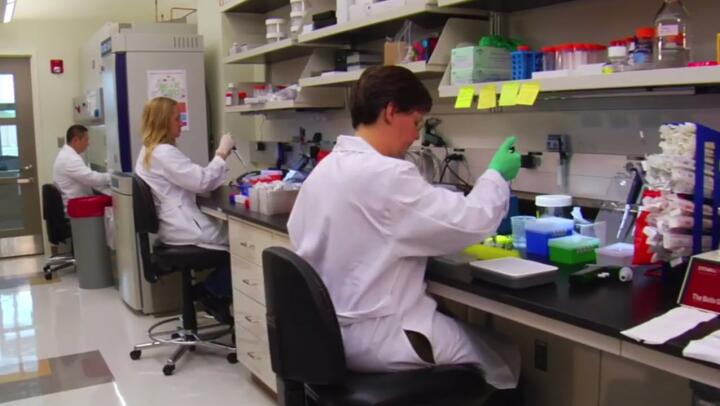
Major advances have been made in the treatment of hepatitis C. With the development of direct-acting antiviral medications, hep C is even curable in over 90% of cases. Yet, despite this great news, we are still seeing dramatic increases in the number of hepatitis C cases in the United States.
Why is this occurring? Opioid abuse plays a big role.
Infection with the hepatitis C virus causes inflammation in the liver. In the majority of cases, the virus will remain in the body, leading to chronic inflammation and disease. When left untreated, chronic hepatitis C infection can inflict serious liver damage, leading to complications such as cirrhosis, liver failure, liver cancer, and even death.
It’s estimated about 70% of new cases of hepatitis C are related to injection drug use, and opioid abuse in particular. Opioid abuse has become an epidemic in the U.S., and includes using legal medications like Oxycontin and Vicodin in higher doses than prescribed, and taking illegal drugs like heroin. Cases of hepatitis C are growing significantly in the younger adult demographic, who may be more likely to experiment with drugs and engage in risky behavior.
The hepatitis C virus is transmitted when blood or body fluids of an infected individual enter the bloodstream of another person. This often occurs through the sharing of used needles and syringes. The virus has also been shown to survive for weeks outside of the body. If equipment used during drug preparation or surfaces are contaminated with infected blood or body fluids, they can be a source of transmission as well.
To further complicate the situation, hepatitis C may not cause symptoms for several years, or perhaps decades. Though there is a high prevalence of hepatitis C among injection drug users, many individuals may be unaware of their infection, allowing it to spread unchecked.
Experts recommend addressing hepatitis C from both a preventive and reactive standpoint. First, to potentially stop the development of new cases as the result of opioid abuse, healthcare providers and healthcare systems are encouraged to:
- Provide access to treatment programs, including the use of medications, such as methadone, to aid in the recovery from opioid addiction
- Provide access to needle/syringe exchange programs
- Provide education and counseling about the dangers of drug use and the spread of hepatitis C, as well harm-reduction strategies
The next step involves trying to identify the 4 out of 10 people who have hepatitis C and don’t know it. It is recommended to:
- Screen every adult for hepatitis C at least once
- Screen pregnant women with each pregnancy since hep C can be transmitted from mother to child
- Screen injection drug users at least yearly, if not more frequently
- Facilitate access to hepatitis C treatment, including for those who are still actively using drugs
- Link programs to increase adherence (i.e. have hepatitis C testing services in the same building as syringe exchange programs)
The goal is that by decreasing the spread of hepatitis C while also aiding early detection and treatment, we can bring an end to this disease. Hopefully, we can battle the opioid epidemic in the process as well.
If you or a loved one is suffering from opioid addiction, please seek treatment or reach out to your healthcare provider. Help is available for you. And if you’re in the process of recovering from opioid use disorder, make sure to get tested for hep C. With the right care, it’s possible to cure your hepatitis C and emerge from opioid addiction so you can start the rest of your life with a clean slate.













